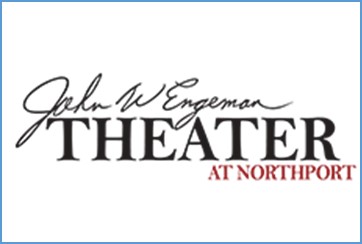NY: Where Organ Demand Is High And Supply Is Low
/By Carina Livoti
clivoti@longislandergroup.com
We may call ourselves the Empire State, but New York is far from an authority in at least one area: organ donor registration.
Despite being ranked third-highest among all states in the number of residents in need of transplant, New York is has the third-lowest donor registration rate in the country – 22 percent, according to Blue Cross Blue Shield nonprofit Excellus.
“As a legislator in the New York State Assembly and the successor of two-time kidney recipient Jim Conte, I believe it is time that New York State breaks this trend by becoming a leader in organ donation awareness and education,” Assemblyman Chad Lupinacci (R-Huntington Station) said in an April 30 press conference on organ donor awareness.
With Assemblymen Andrew Raia (R-Northport) and Edward Ra (R-Franklin Square), Lupinacci introduced legislation which would require public schools to include transplant and organ donation lessons in health education curricula beginning next year.
According to James Pardes, vice president of marketing and communications at LiveOnNY, New York does not find itself at the bottom of the donor registry for no reason.
“For most of the country, 90 percent of enrollments come through the DMV; most states renew licenses every three or four years. We have an eight-year driver’s license renewal cycle, meaning the question is asked less frequently,” Pardes said.
He added that no one under 18 may register as an organ donor, even with parental consent, meaning that many new drivers are not eligible. In some other states, 17-year-old drivers can register with parental consent, he said.
The state-specific challenges do not end there. According to Pardes, New York also has one of the largest urban populations in the country, which accounts for a large percentage of our overall population.
“A lot of people [in New York urban areas] don’t get driver licenses or even state IDs,” he said.
That urban population is also exposed to a wide variety of advertising, making it difficult for those advocating for organ donation awareness to cut through the noise.
Finally, the state’s diversity poses challenges, Pardes said.
“Part of what’s so great about New York is that it’s so diverse, but many cultures come with long held beliefs within communities that require education and dialogue,” he said.
Lupinacci’s legislation would not only increase education, but could help foster the dialogue and increased awareness that New York needs to increase that donor registry rate.
For more information on how to register as a donor, visit donatelifeny.org/take-action.






